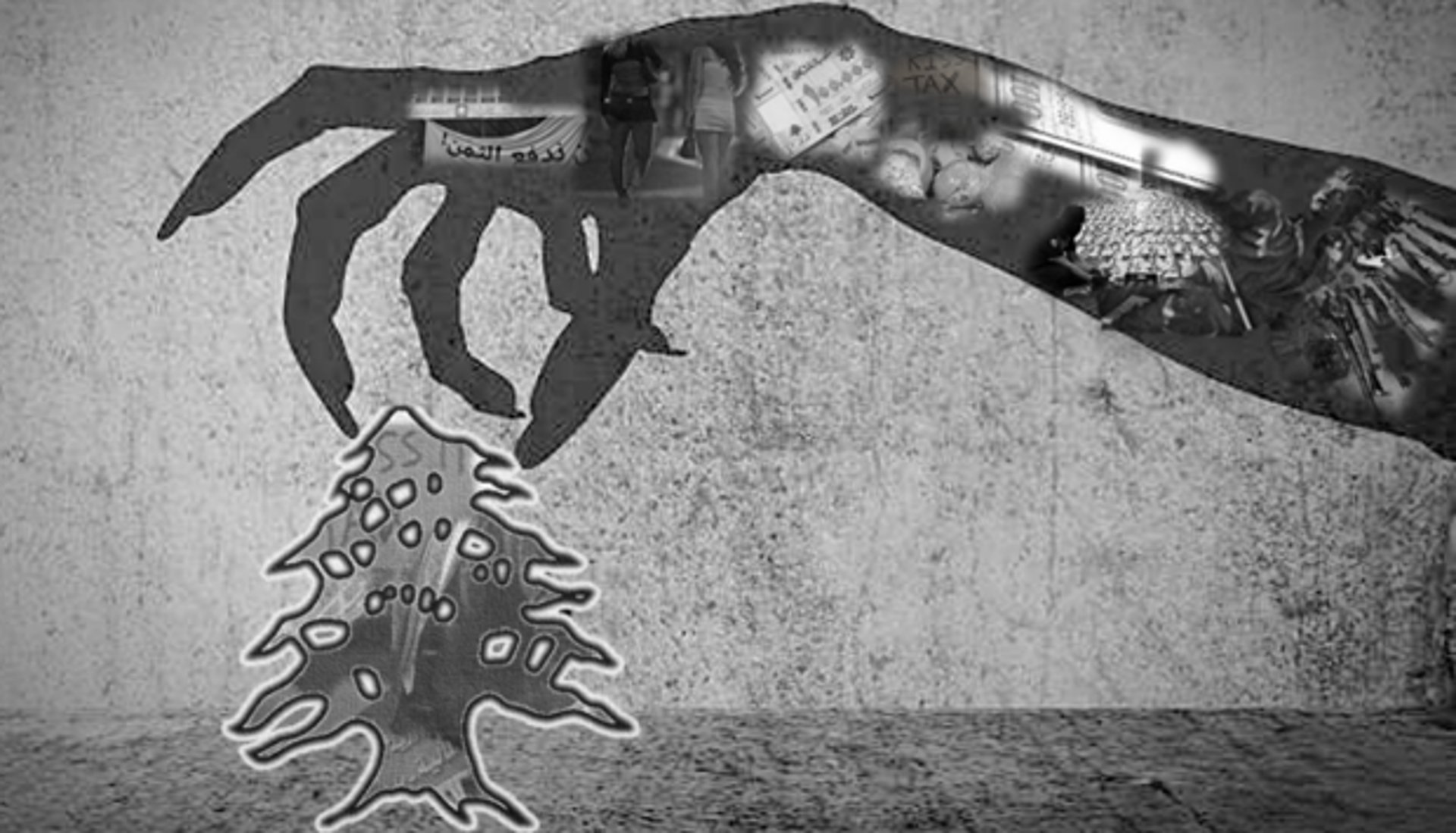Strategizing from 7 cities across the globe
Chapter II: The Unregistered Businesses Crisis


Design by Huda Khalili
In the shadows of Lebanon’s business landscape, a clandestine network of unregistered businesses operates. Parallel to the formal economy where registered businesses operate under the law, this economy exists out of reach of formal oversight and away from regulatory frameworks imposed by the government. These businesses extend to an underworld of illegal activities pertaining to the pharmaceutical, agricultural, transportation, and tens of other sectors. Whether it is small vendors escaping the burden of taxation and licensing fees or larger enterprises operating without regulatory compliance, such shadow activities greatly impact Lebanon.
The history of this parallel economy dates way back to the Phoenician era. The high taxation rates, economic disparity, and bureaucratic red tape perpetuate the cycle of illegal activities and push Lebanese entrepreneurs to seek refuge in this shadow economy. The immense distrust in governmental institutions will always be the main driver of leaving businesses unregistered. With a dark history of registration rejections, increasing licensing fees, and the inability to hear back about your business unless your great, great uncle has “connections”, it has come with no surprise that the number of those businesses increases by the day.
These informal businesses continue to entwine themselves deeper into the fabric of society, becoming a paramount, but invisible, pillar of the formal economy. Considering their expansion and immense boost of the Lebanese economy, they may also near the domination of said formal economy. These shadow activities are known to create jobs, sustain the livelihoods of the vulnerable population, and ease economic hardships. With all these benefits, why is the parallel economy perceived negatively?
In a nutshell, they underscore systemic failures through tax base erosion, diminish public revenue, and leave a big portion of our economy in the shadows. They create an uneven competitive landscape and allow illegal activities to take place. As the scale of unregistered businesses skyrockets, their activities shroud in secrecy, remain unrecorded and theoretical, and leave official figures scarce and unauthentic. This continuous current of informality and stealth poses a particular conundrum to economists, challenges GDP calculations, and makes us question conventional economic theories. Overall, this parallel economy negatively impacts workers, competitors, calculations, and the economy as a whole.
Lebanon must work to tackle obstacles and enhance the advantages of the formal economy. In the shadows of this dim economic maze, the main challenge lies in illuminating its hidden corridors and ensuring a more equitable and supportive commerce environment. What our country needs is an immediate evaluation of existing policies to study the gap in the system and discover the real reasons pushing entrepreneurs to function in the dark. The country also needs vast policy changes to encourage the Lebanese youth to enter the business market instead of running away from it.
Now that we have an improved understanding of the dynamics of the shadow economy, the chapter gains ground. It aims to explore the history of unregistered businesses, the different sectors involved in this parallel economy, their extensive impact, and, finally, necessary policy alternatives.

